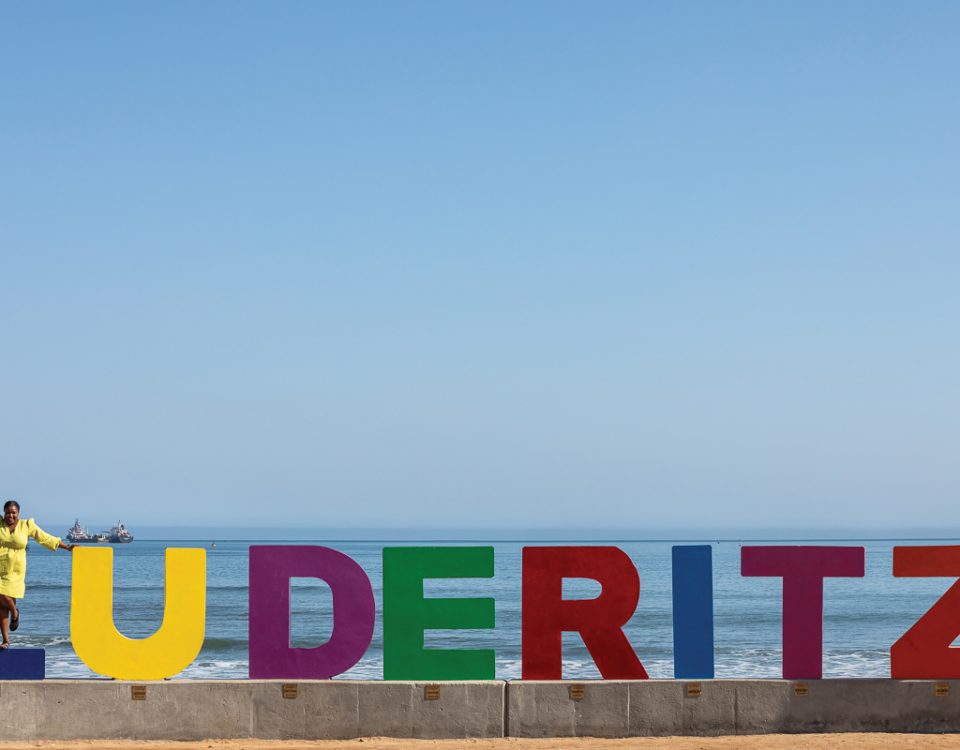
CYMOT Ultimate Adventure – Tiger fishing in northern Namibia
April 26, 2016
Hai||om tented campsites now open
April 28, 2016Compiled Sanet van Zijl
A biodiversity conservation and tourism development research project station has been launched at Impalila Island by the University of Namibia (Unam) Katima Mulilo campus.
Impalila Island is situated on the far eastern tip of Namibia. Its northern border is the Zambezi River and its southern border is the Chobe. Around 2500 – 3000 people inhabit the island in 25 small villages.
The goal of the project is to enhance the preservation of biodiversity, tourism benefits for local communities and sustainable land use.
The finance of activities will take place through a grant from the National Commission on Research, Science and Technology. It consists of N$430 000, which will be utilised over the course of two years.
Namibia has a very unique biodiversity and delicate ecosystem and the protection thereof is critical for the tourism and agricultural sectors. 43% of Namibia’s land is currently designated as protected areas. This shows the importance that the government has put on sustainable use of natural resources.
The project has been tactically placed in the Zambezi Region, where there are numerous national parks and conservancies and protected areas which is ideal for internationally competitive research on sustainable tourism and wildlife management. The project is designed to research and expand resources-based inventories for the island and broaden original tourism concepts through present-day planning methods. The project falls under the Katima Mulilo campus’s Department of Wildlife Management and Ecotourism.
The department will be training specialists in ecotourism and wildlife management for whom there is a dire need in the SADC region at Bachelor and Master levels. This will aid in the protection and conservation of the KAZA TFCA, develop the area to a competitive tourist destination and use natural resources sustainably. Through this the project will contribute to the economic development of the region too.


